Plant Circle Blog – by Plant Circle
Air Plants 101: Your Complete Guide to the Easiest, Queerest Plants on Earth
Listen up, plant lovers! If you've been intimidated by the whole "keeping plants alive" thing, or if you're just tired of dealing with soil getting everywhere (we see you, messy gays), then air plants are about to become your new obsession. These magical little beings literally don't need soil to survive. Yes, you read that right. No dirt, no mess, just pure botanical fabulousness.What Even Are Air Plants?Air plants (fancy name: Tillandsia) are the rebels of the plant world. While other plants are stuck in pots like conformists, air plants said "no thanks" to soil and decided to absorb everything they need through their leaves. They're epiphytes, which means in nature they attach themselves to trees, rocks, or whatever surface they fancy – living their best independent lives.There are over 650 species of Tillandsia, ranging from tiny spiky babies to dramatic silvery queens that could be the centerpiece of your entire living room. Each one has its own personality, and honestly? That's very on-brand for us.Why Air Plants Are Perfect for Queer SpacesLet's be real: air plants are inherently queer. They don't follow the rules, they thrive in unconventional setups, and they're absolutely stunning in their natural state. Plus:
No heteronormative pot requirements: Display them literally anywhere – hanging from the ceiling, chilling on a bookshelf, nestled in a seashell, mounted on driftwood, or suspended in a glass orb like the ethereal beings they are
Low maintenance, high impact: Perfect for busy queers who have better things to do than fuss over watering schedules
Endlessly customizable: Create displays that match YOUR aesthetic, whether that's witchy maximalist, Scandinavian minimalist, or chaotic goblincore
Community builders: They produce "pups" (baby plants) that you can share with your chosen family
Meet the Family: Air Plant Species You Need to KnowTillandsia Ionantha – The Gateway PlantThis compact cutie is the perfect starter air plant. She forms a tight rosette of silvery-green leaves and – here's where it gets gay – when she's ready to bloom, she turns HOT PINK before producing purple flowers. It's giving main character energy. Shop Tillandsia Ionantha or get her in a chic black metal stand for instant sophistication.Tillandsia Xerographica – The Silver QueenIf Ionantha is the fun friend, Xerographica is the glamorous aunt who always looks expensive. With large, silvery leaves that spiral outward in perfect symmetry, this is THE statement air plant. She's slow-growing but absolutely worth the wait. Display her in our sculptural hanging display and watch guests lose their minds.Tillandsia Caput Medusa – The Drama QueenNamed after Medusa (because obviously), this variety has wild, curly, tentacle-like leaves that twist and turn in all directions. She's chaotic, she's sculptural, she's absolutely serving looks. Get your Caput Medusa here and embrace the drama.Tillandsia Bulbosa – The Architectural IconWith a bulbous base and twisting, tubular leaves, Bulbosa is giving alien spaceship realness. She's weird, she's wonderful, and she looks incredible in modern minimalist spaces. Shop Tillandsia Bulbosa and add some extraterrestrial vibes to your home.Tillandsia Usneoides (Spanish Moss) – The Ethereal WitchThis isn't your typical air plant – it's a cascading mass of silvery strands that looks like something from a fairy tale (or a haunted Southern mansion, depending on your vibe). Drape it over branches, hang it from the ceiling, or use it to create moody, atmospheric displays. Shop Spanish Moss and channel your inner swamp witch.Tillandsia Cyanea – The Colorful RebelWhile most air plants have subtle blooms, Cyanea comes through with BRIGHT PINK paddle-shaped flower bracts that last for months. She's not here to blend in. Add Tillandsia Cyanea to your collection for a pop of unapologetic color.How to Actually Keep Air Plants Alive (It's Easier Than You Think)Watering: The Soak and Shake MethodHere's the tea: air plants need water, but they're chill about it. You have two options:Option 1: The Weekly Spa DayOnce a week, give your air plants a 20-30 minute soak in room-temperature water. Think of it as their self-care Sunday. After soaking, gently shake off excess water and place them upside down or on their side to dry completely. This is CRUCIAL – trapped water in the center can cause rot, and nobody wants that.Option 2: The Misting MethodIf you're more of a "little and often" person, mist your air plants 2-3 times per week until they're thoroughly wet. This works great for mounted displays or plants you can't easily remove.Pro tip: If your air plant's leaves start to curl more than usual or look a bit wrinkly, she's thirsty. If they're turning brown or mushy, you're overdoing it. They'll literally tell you what they need – just pay attention.Light: Bright But Not BrutalAir plants love bright, indirect light. Think of a spot near a window but not directly in the sun's harsh glare (they're delicate, okay?). A few hours of gentle morning sun is fine, but intense afternoon rays will scorch them faster than you can say "photosynthesis."If you only have low-light spaces, don't panic – some varieties like Ionantha and Harrisii can tolerate lower light, they'll just grow more slowly. Consider it their slow living era.Air Circulation: Let Them BreatheThe "air" in air plants isn't just for show – they need good airflow to thrive. Don't trap them in sealed terrariums (that's a death sentence). If you're using glass containers, make sure they're open or have plenty of ventilation. Think of it like this: they need to breathe just like you do after climbing stairs.Temperature: Room Temp RoyaltyAir plants are comfortable in the same temperatures you are: 15-25°C is their sweet spot. They can handle brief dips to 10°C or spikes to 32°C, but they're not fans of extremes. Keep them away from heating vents, air conditioners, and drafty windows.Feeding: Optional But AppreciatedAir plants can survive without fertilizer, but if you want them to thrive and bloom, feed them monthly with diluted bromeliad or orchid fertilizer (1/4 strength). Add it to their soaking water or misting bottle. Think of it as vitamins – not necessary for survival, but helpful for living your best life.Styling Your Air Plants: Let Your Freak Flag FlyThe Minimalist MomentFor clean, Scandinavian vibes, display individual air plants in simple wire holders or geometric metal stands. Our Tillandsia Ionantha in Black Metal Stand is *chef's kiss* for this aesthetic. Place them on white shelves, concrete surfaces, or light wood for that effortlessly chic look.The Maximalist DreamGo wild! Combine multiple air plant varieties in a large glass terrarium with crystals, moss, driftwood, and whatever else sparks joy. Layer different textures and heights. Our Set of 10 Tillandsia Air Plants gives you the variety you need to create a lush, abundant display.The Witchy AestheticMount air plants on pieces of driftwood or cork bark, hang them in macramé holders, or nestle them in vintage brass vessels. Combine with dried flowers, tarot cards, and moody lighting. Spanish Moss draped over branches? *Immaculate* witchy vibes.The Living WallCreate vertical gardens by mounting multiple air plants on a piece of wood or cork board. Arrange them in patterns or let them grow wild. This works beautifully in small spaces where floor space is precious (hello, Berlin apartments).The Bathroom OasisYour bathroom's natural humidity makes it perfect for air plants. Hang them near the shower, place them on the windowsill, or create a spa-like display on floating shelves. They'll love the moisture, and you'll love the jungle vibes.The Desk GardenBring nature to your workspace without sacrificing desk real estate. A single air plant in a small holder adds life to your setup without the mess of soil. Plus, studies show plants reduce stress – and we could all use that during work hours.Troubleshooting: When Things Go WrongMy air plant is turning brown!Brown tips usually mean underwatering or low humidity. Increase watering frequency or move to a more humid location. If the whole plant is brown and crispy, unfortunately she's gone to plant heaven. Give her a proper send-off and try again.The leaves are falling off!This is normal after blooming – the mother plant will slowly die back while producing pups. If it's happening without blooming, you might be overwatering or the plant isn't drying properly after watering.It's not growing at all!Air plants are slow growers, so patience is key. Make sure it's getting enough light and consider adding fertilizer to encourage growth. Some varieties are naturally slower than others.There are weird white fuzzy bits!Don't panic! Those are trichomes – specialized cells that help the plant absorb water and nutrients. The fuzzier the plant, the more it likes bright light and less frequent watering.The Circle of Life: Blooms and PupsHere's something magical: most air plants bloom once in their lifetime, producing stunning flowers in shades of pink, purple, red, or yellow. The bloom can last weeks or even months, and it's absolutely worth the wait.After blooming, the mother plant will slowly start to produce "pups" – baby air plants that grow from the base. You can leave them attached to create a clump, or gently separate them once they're about 1/3 the size of the mother plant. This is how you build your air plant empire and share the love with friends.Building Your CollectionReady to start your air plant journey? We recommend beginning with a variety pack to see which species vibe with your space and care style. Our Set of 10 Tillandsia Air Plants gives you a diverse mix to experiment with.If you want to start with something pre-styled, check out our Set of 3 Tillandsia Harrisii in Glass – it's ready to display right out of the box.For the collectors among you, individual specimens like Tillandsia Melanocrater, Tillandsia Harrisii, and Tillandsia Antonio let you curate exactly the collection you want.The Bottom LineAir plants are proof that you don't need to follow traditional rules to thrive. They're low-maintenance, endlessly versatile, and absolutely gorgeous – basically the plant equivalent of living your truth. Whether you're a seasoned plant parent or someone who's killed every succulent they've ever owned (no judgment), air plants are here to show you that growing things can be easy, fun, and fabulously queer.So grab a few Tillandsias, get creative with your displays, and join the air plant revolution. Your space (and your mental health) will thank you.Ready to start your air plant collection? Browse our complete Air Plants collection and find your new plant babies. We ship across the EU with expert packaging to ensure they arrive perfect and ready to thrive.Happy planting, and remember: you're doing amazing, sweetie. 🌿✨























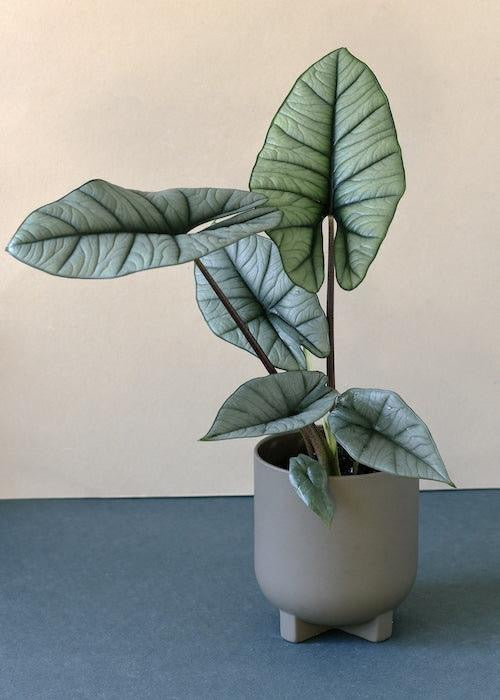



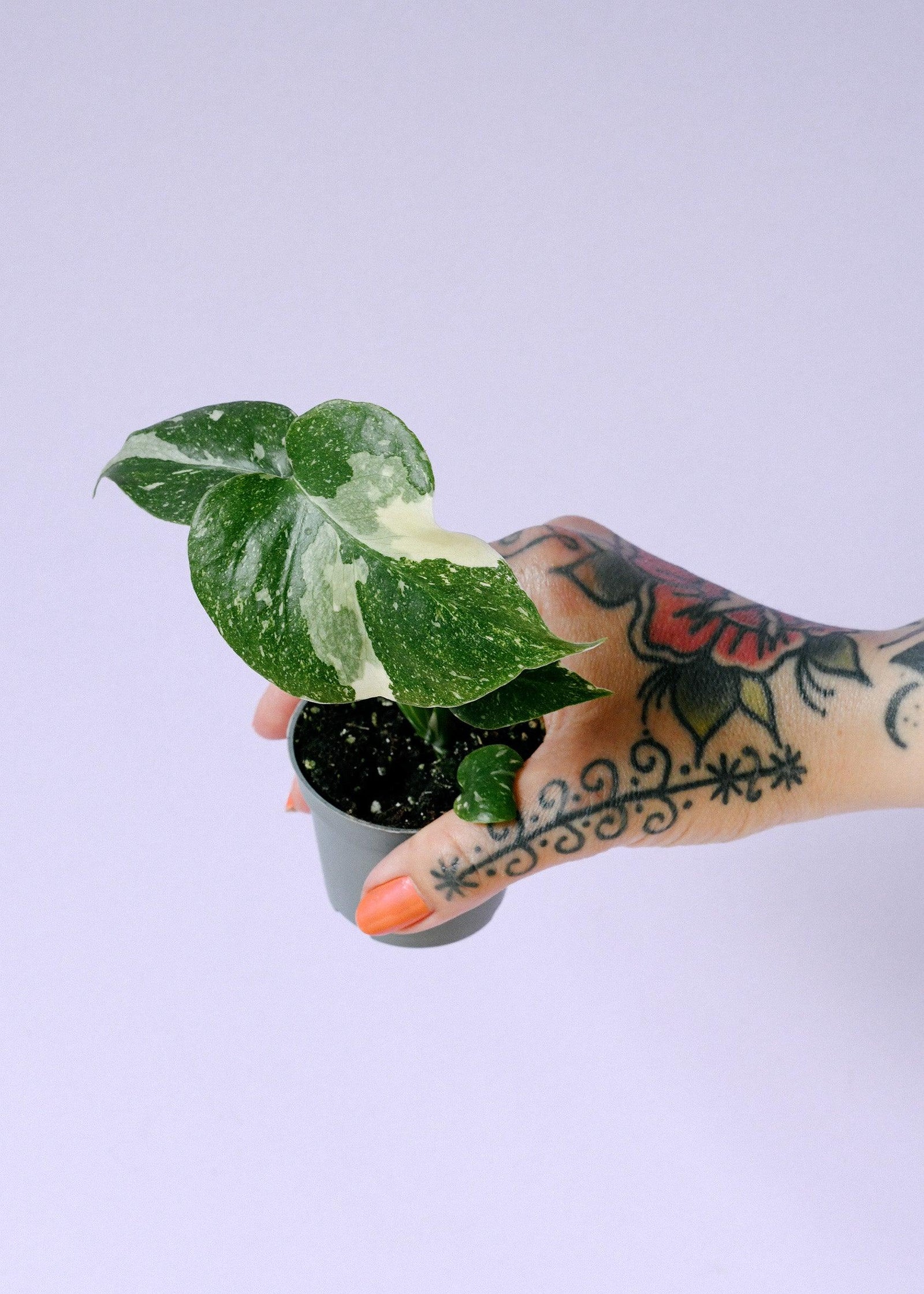

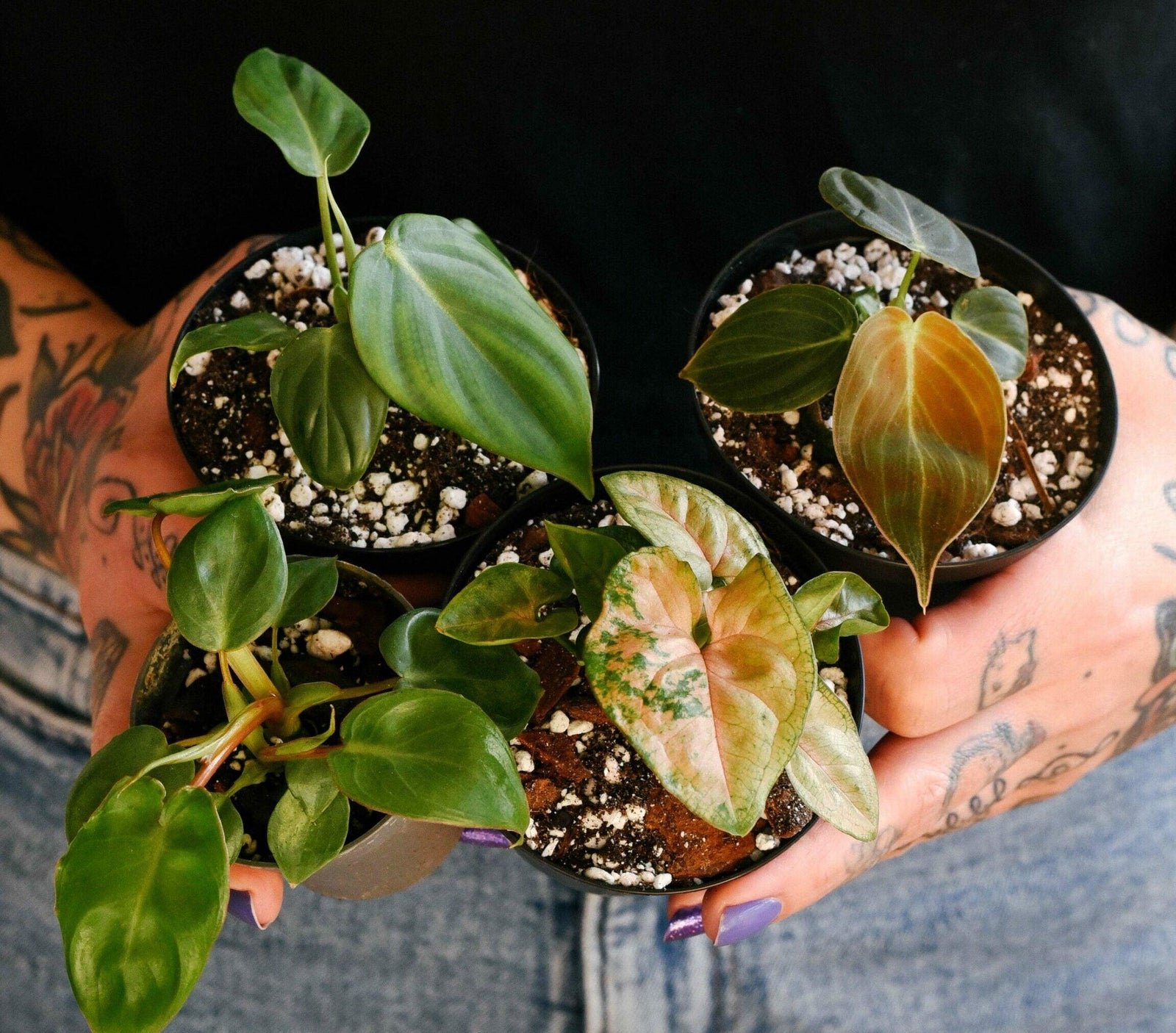
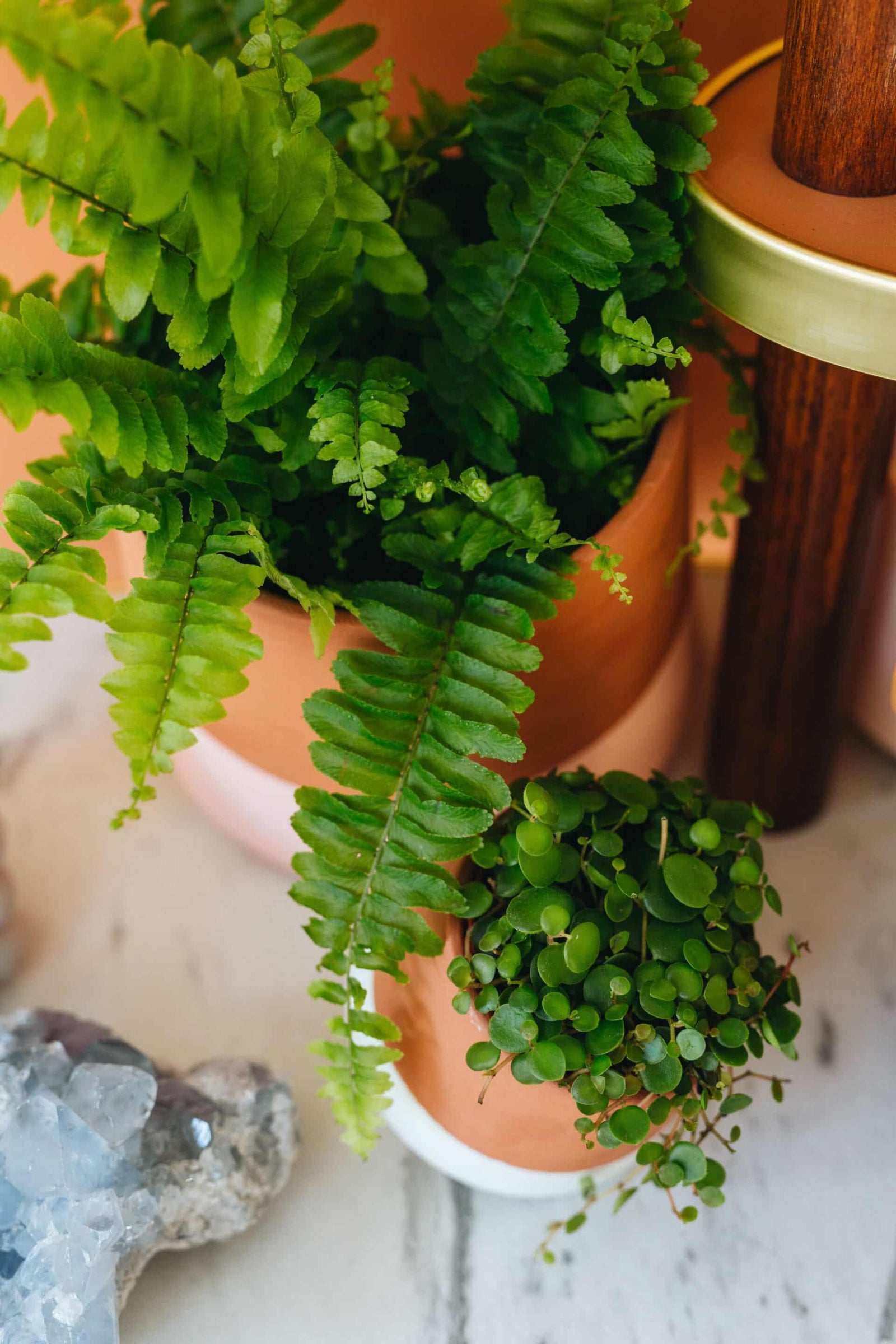
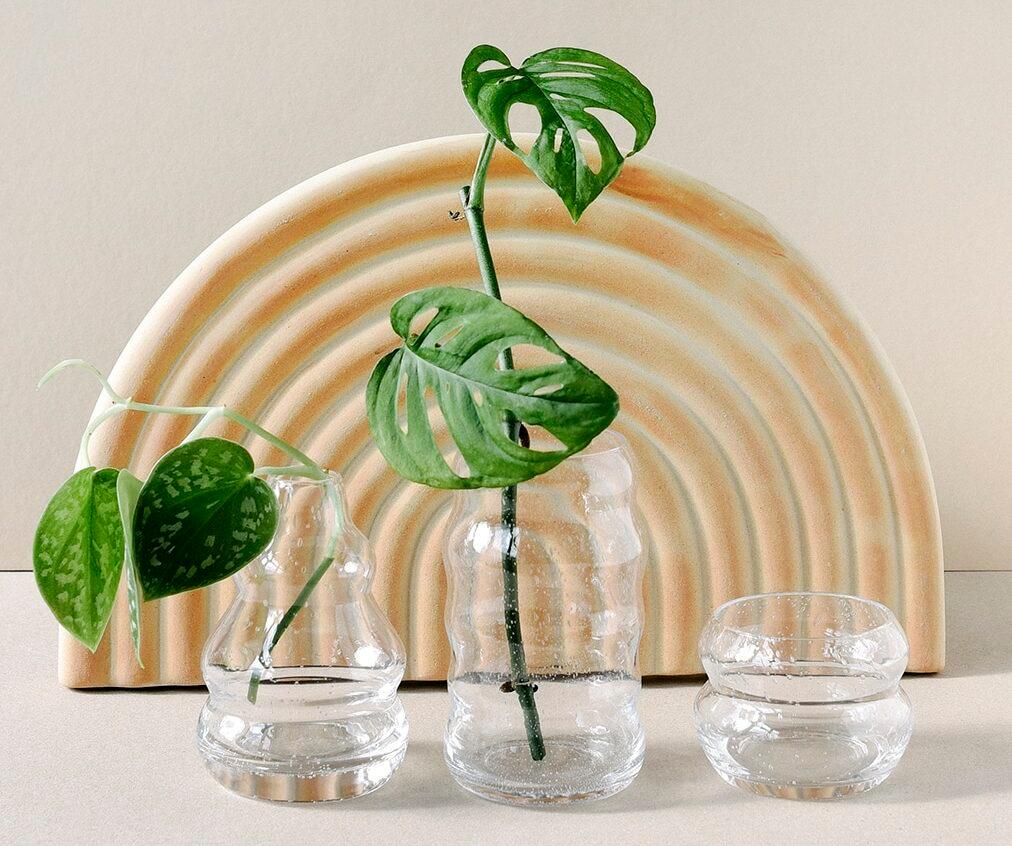
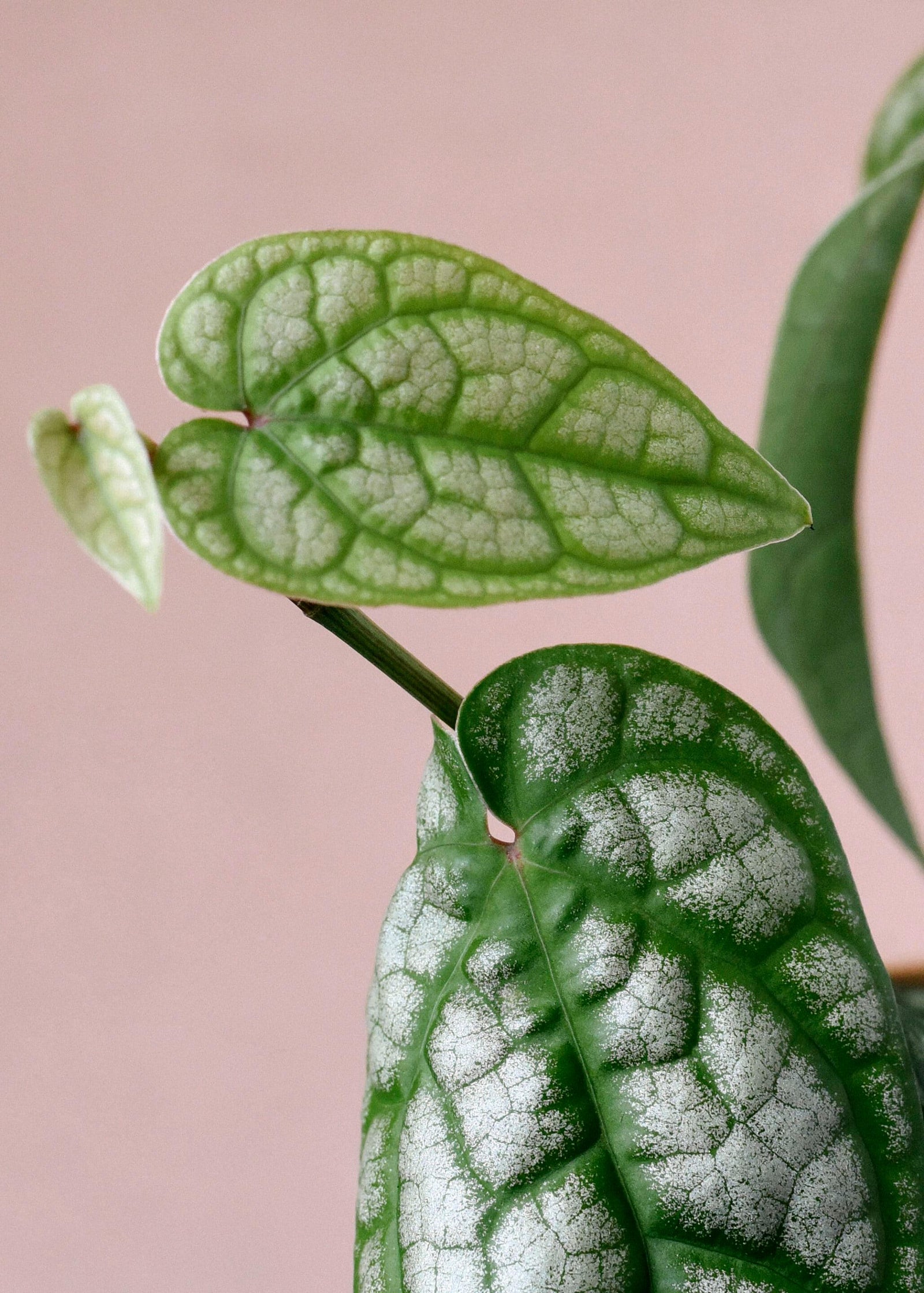
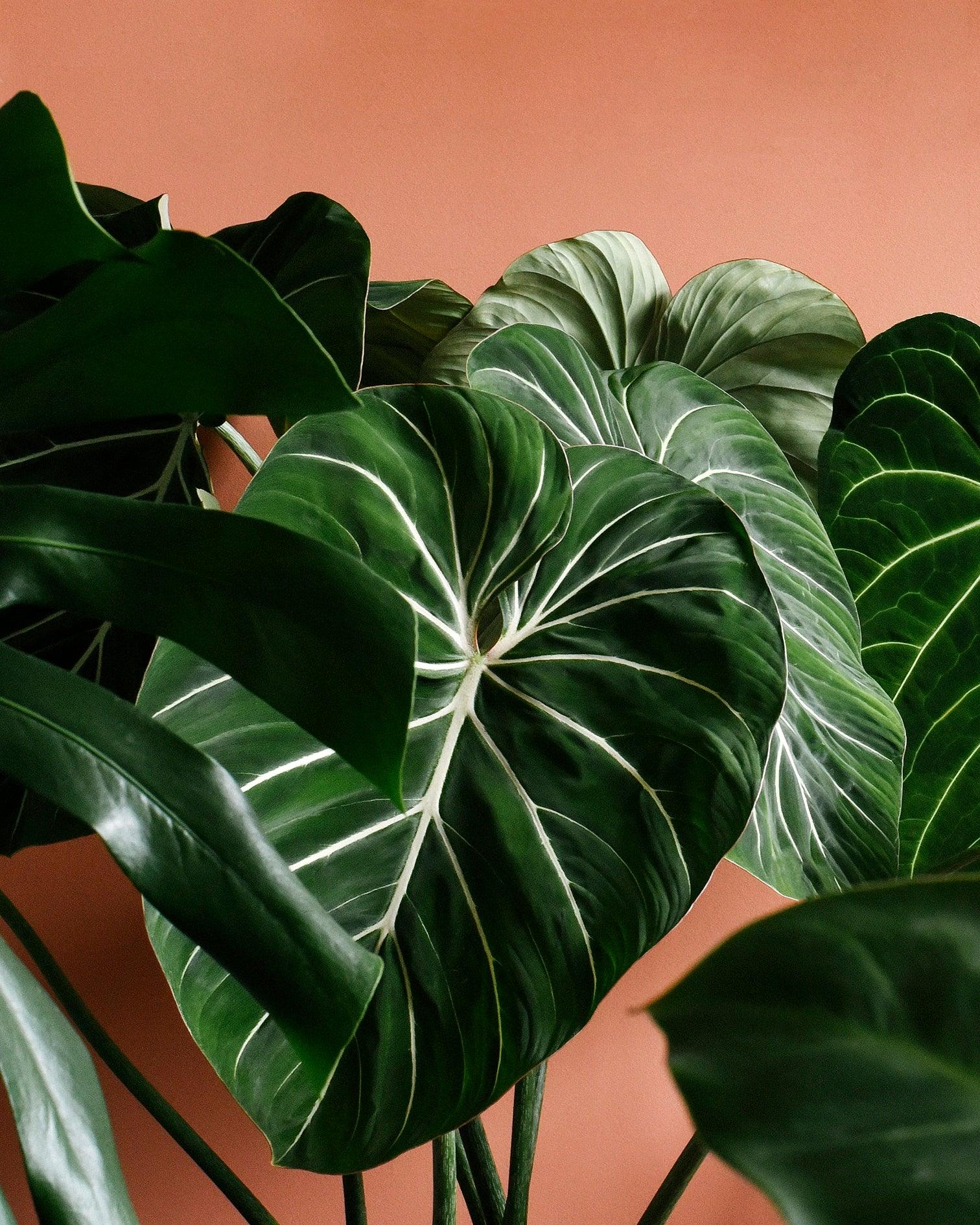
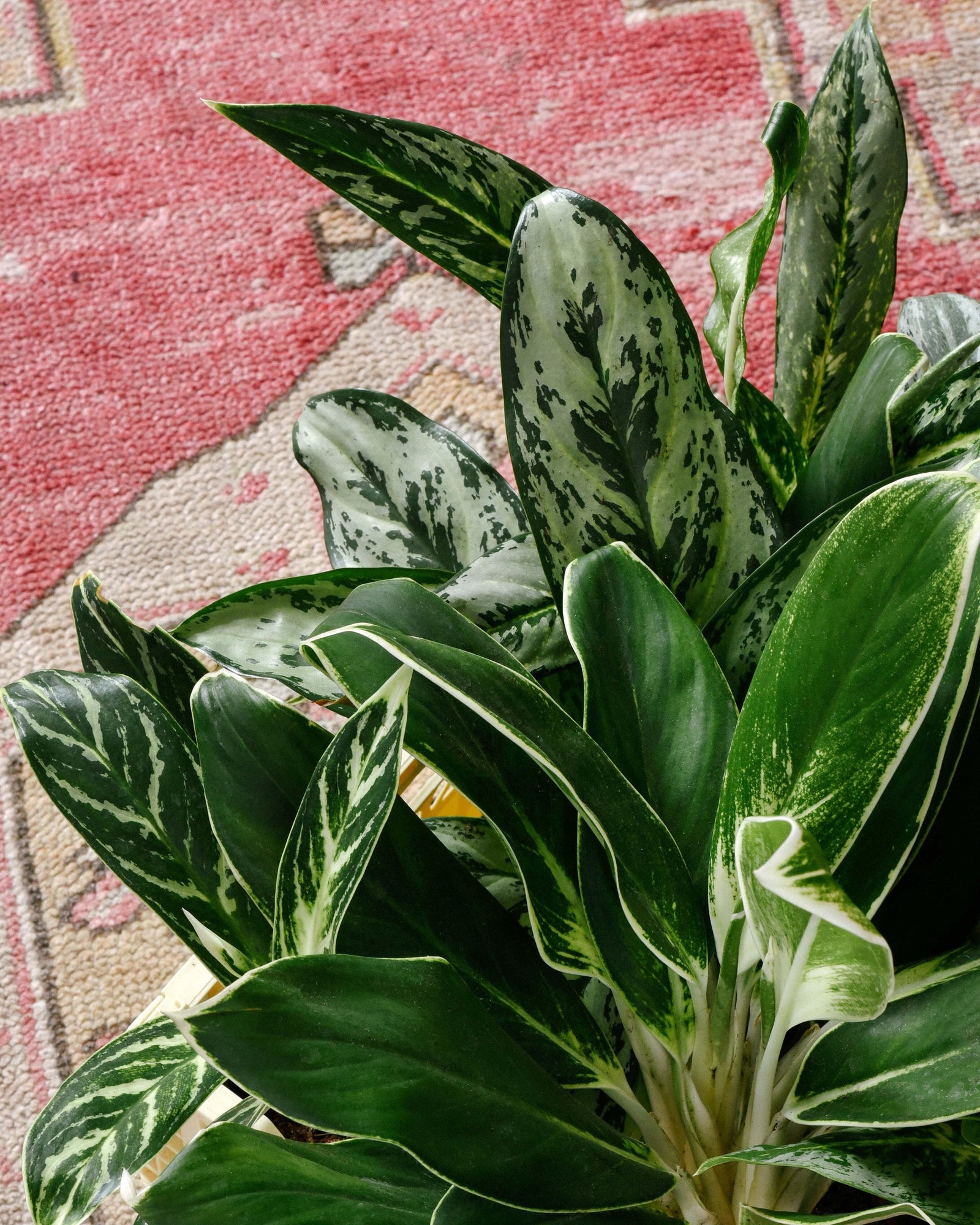
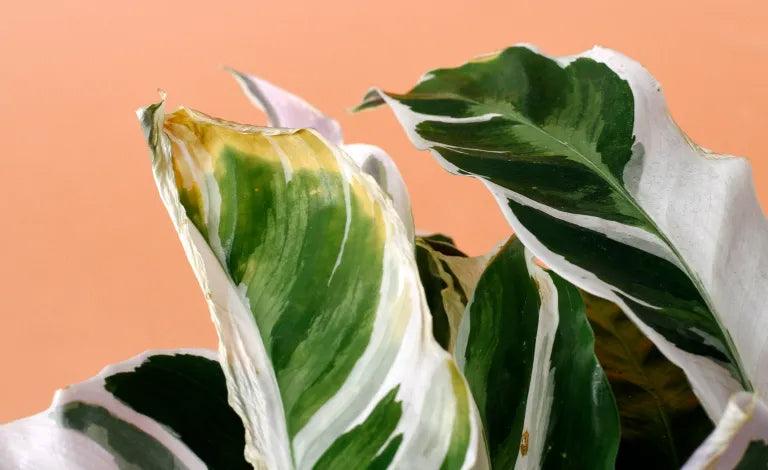
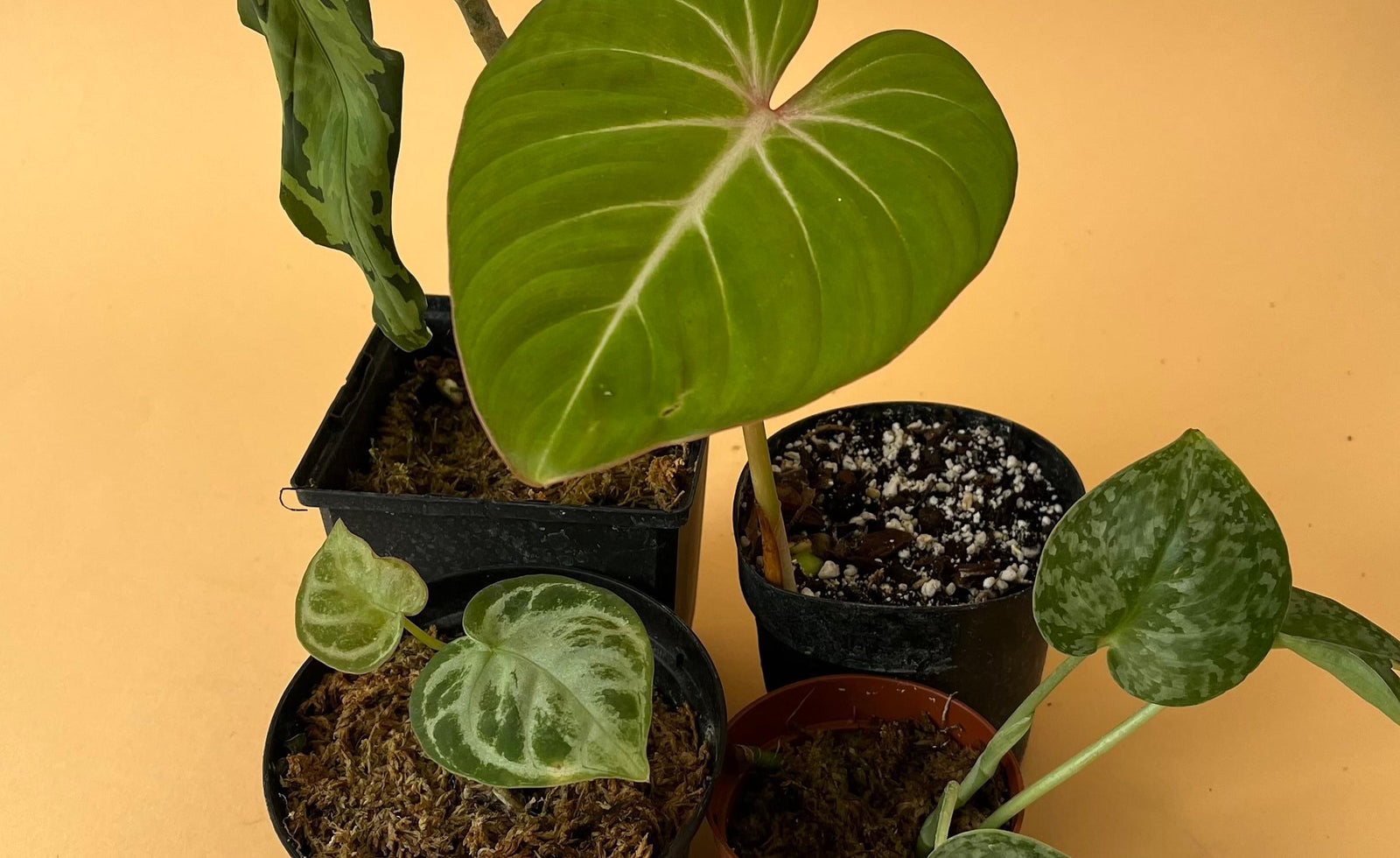
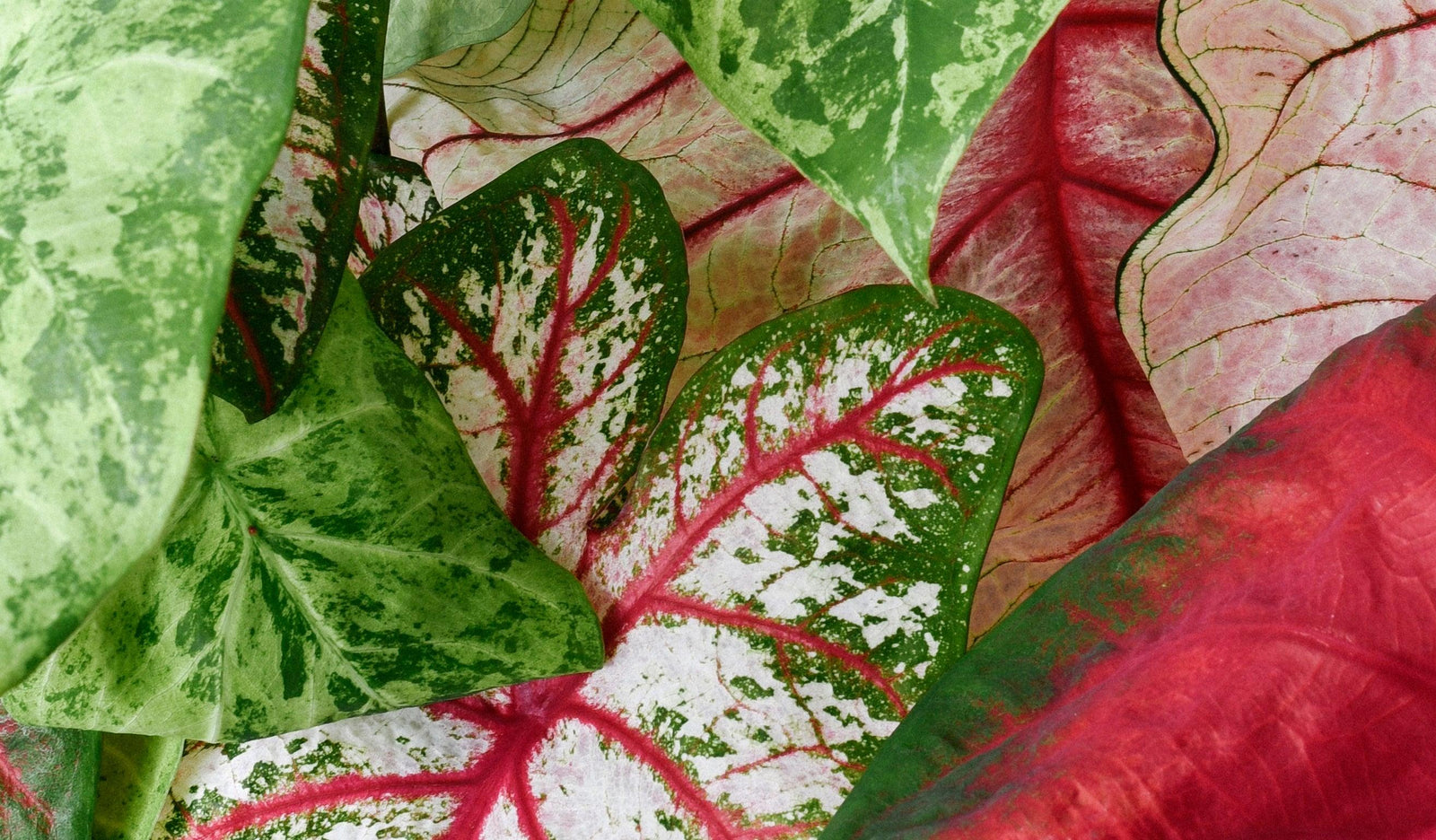
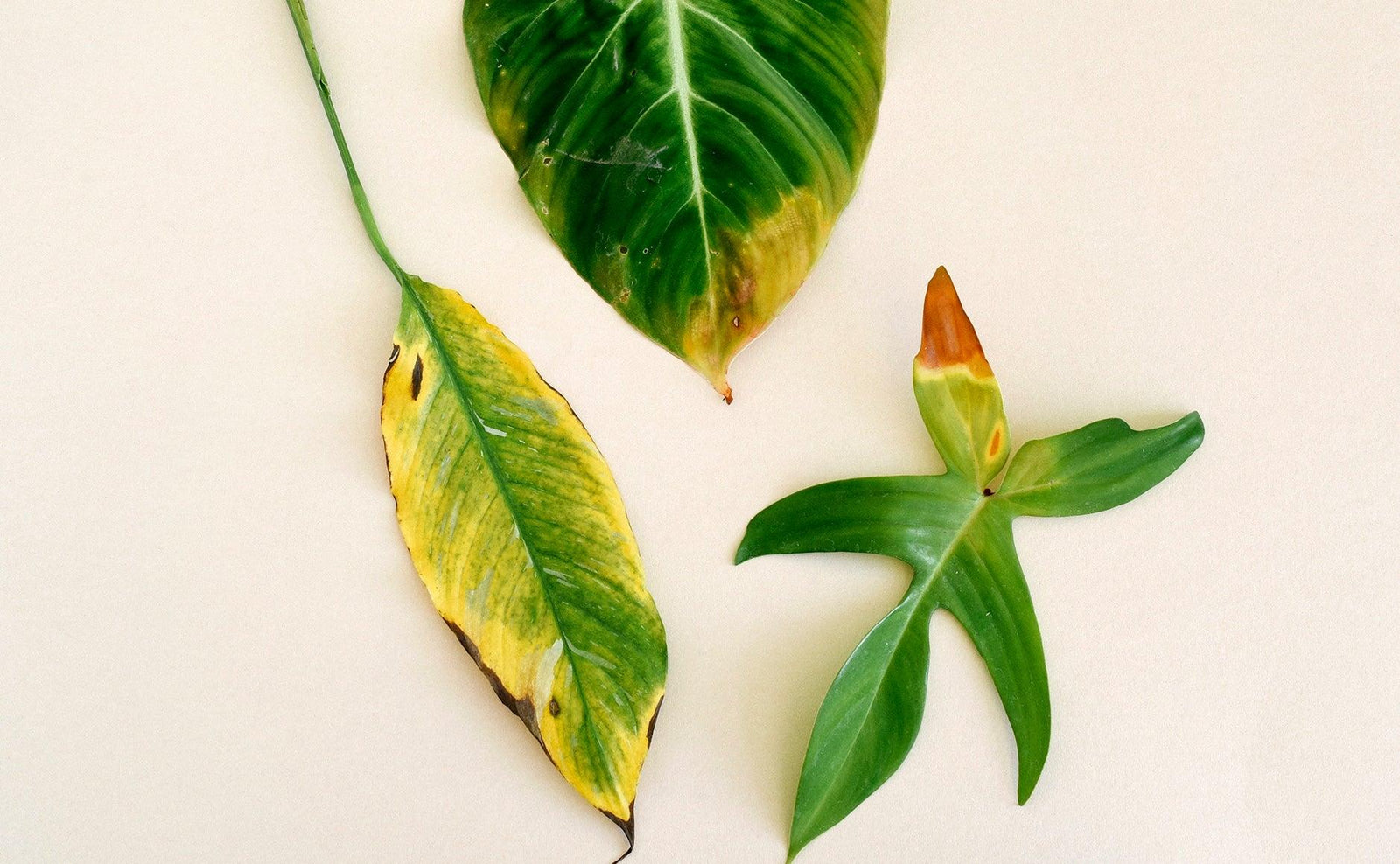
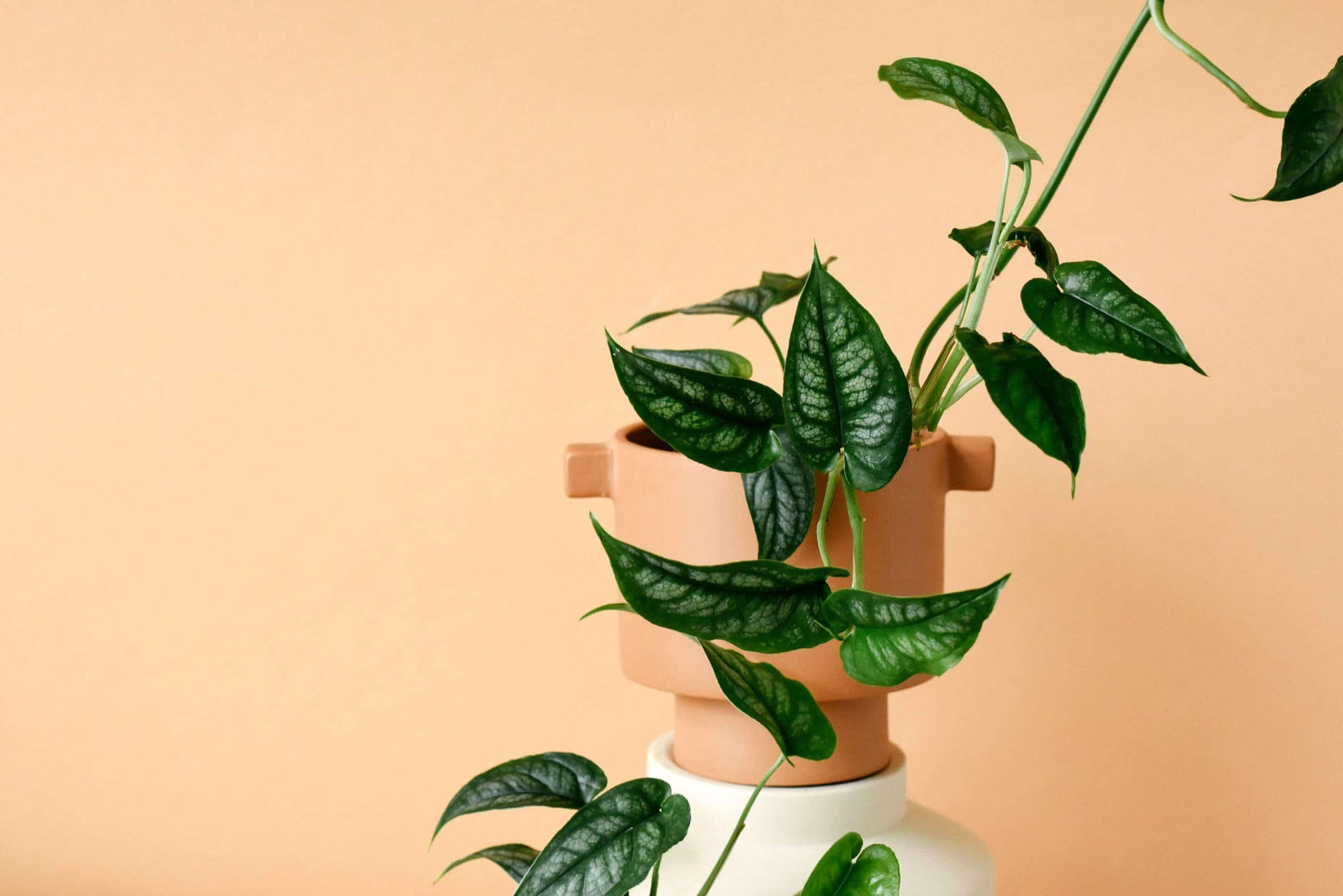

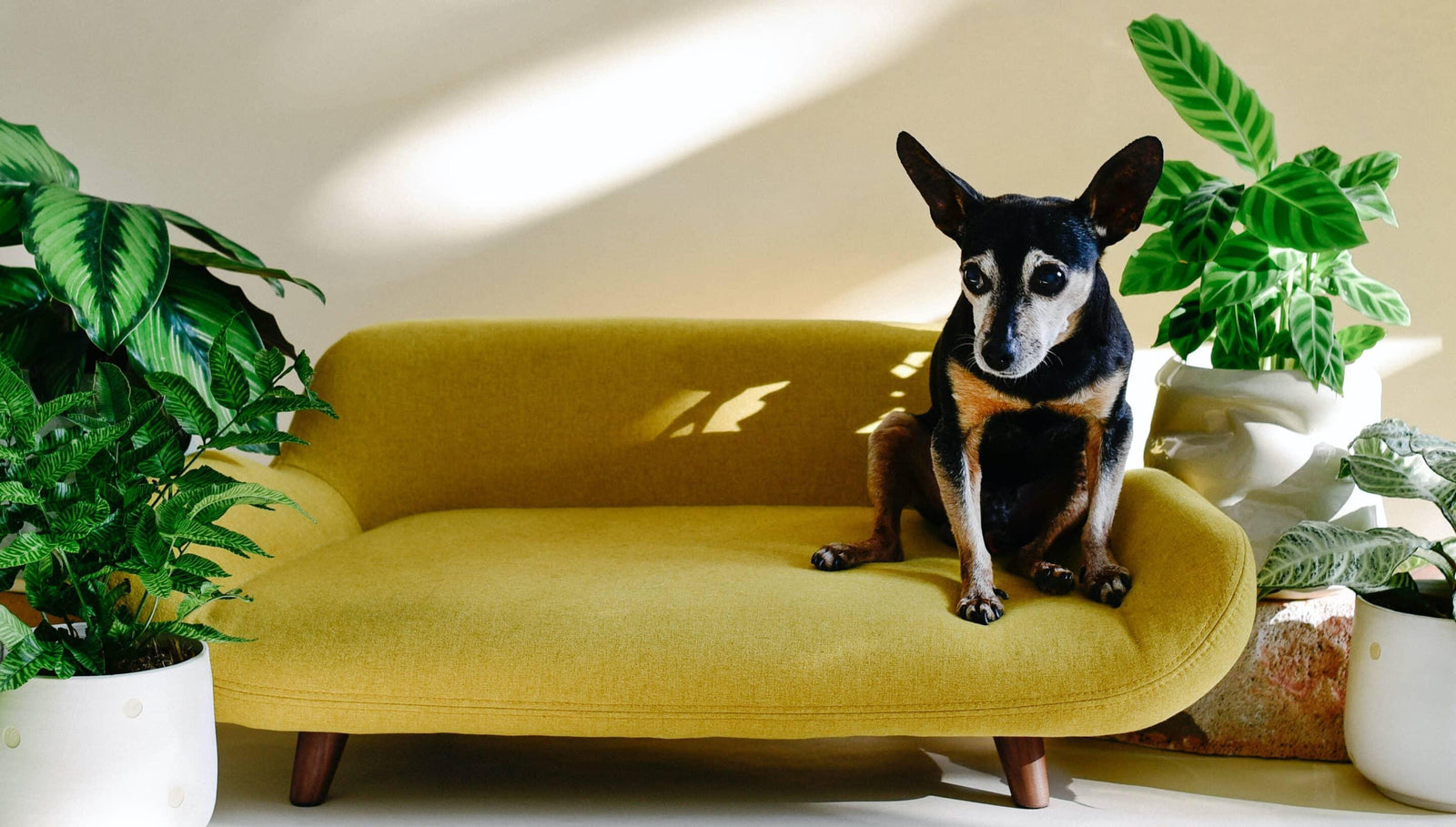
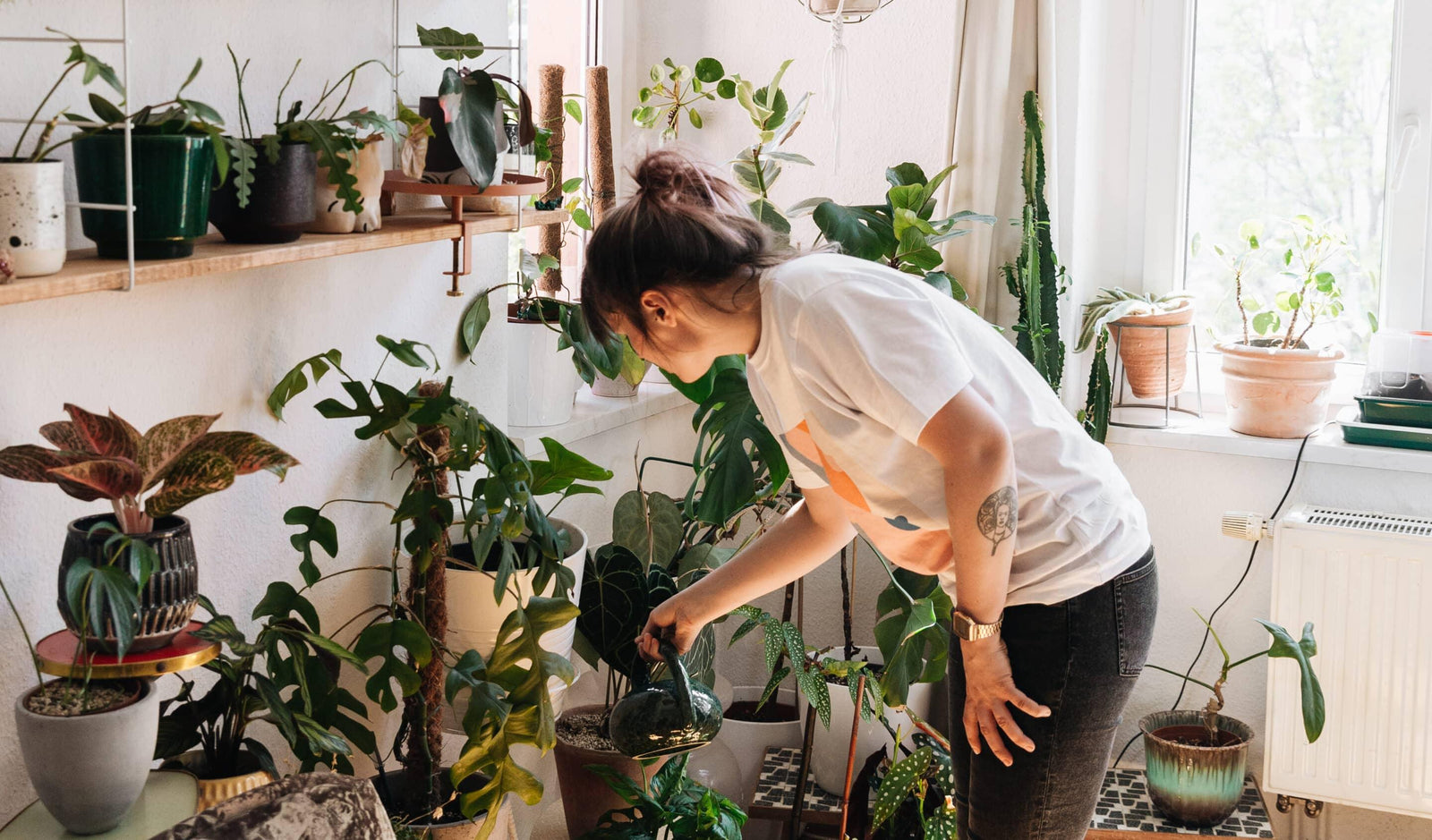
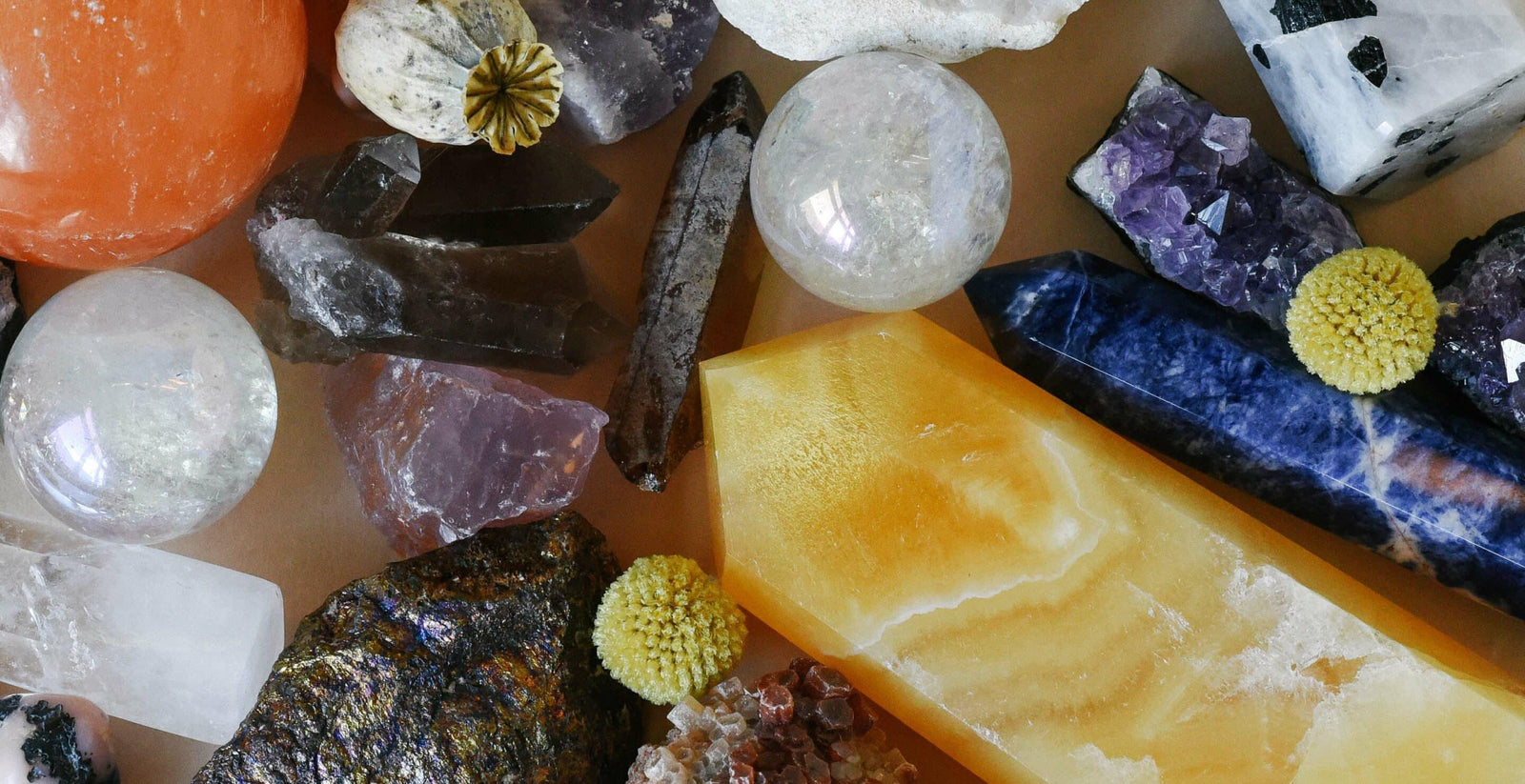
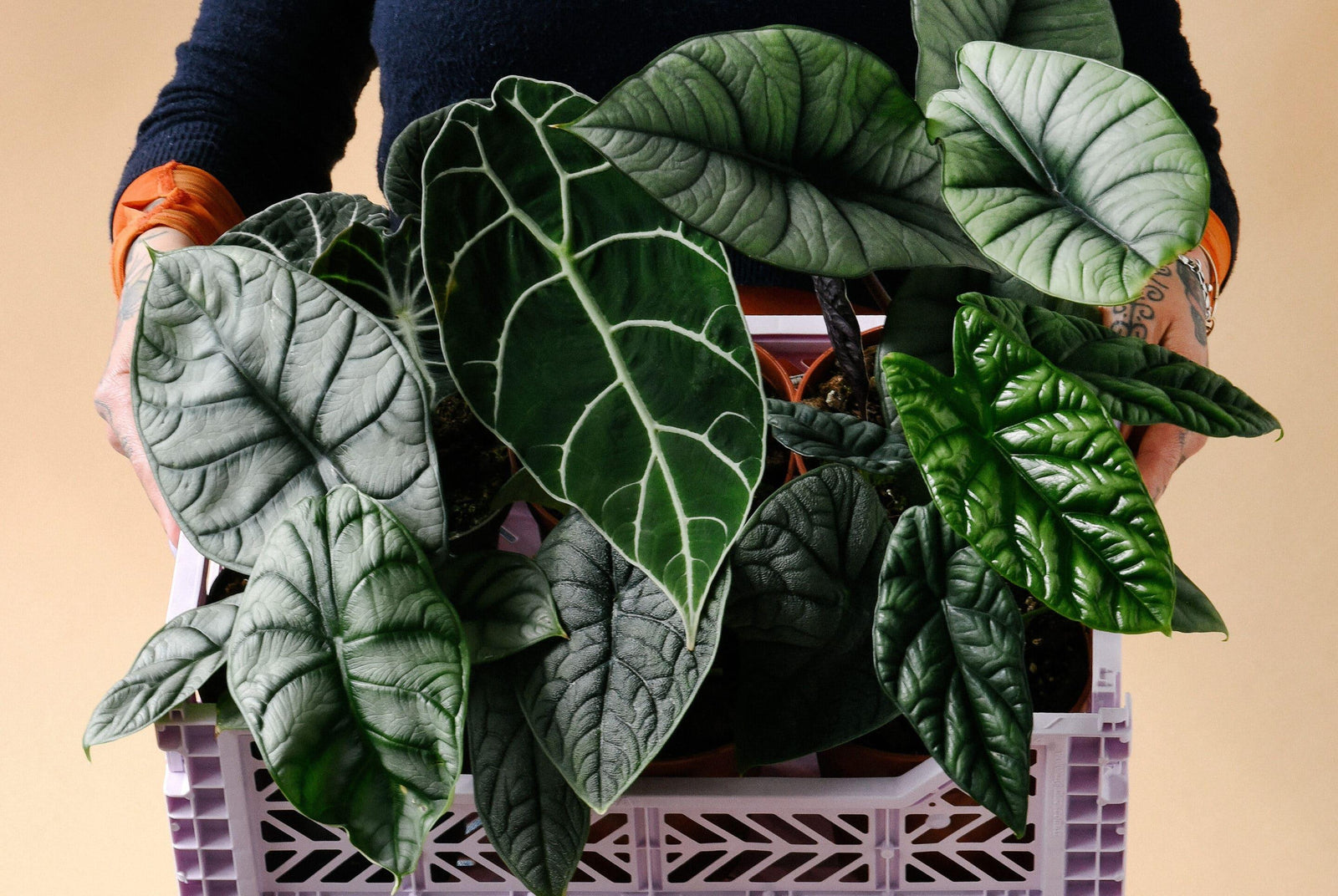
Comments
1 comment
Good morning. Could you advise how to “purify” hard water for the above related plants?
Thank you.